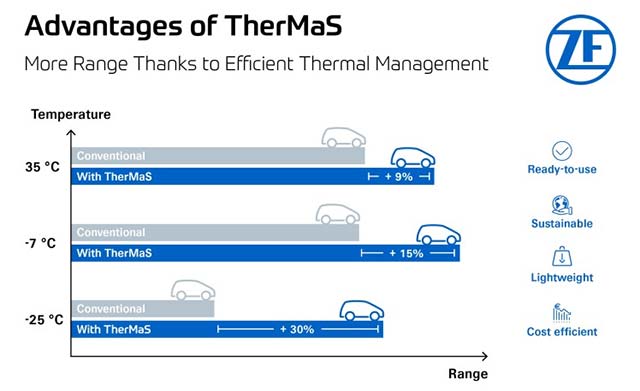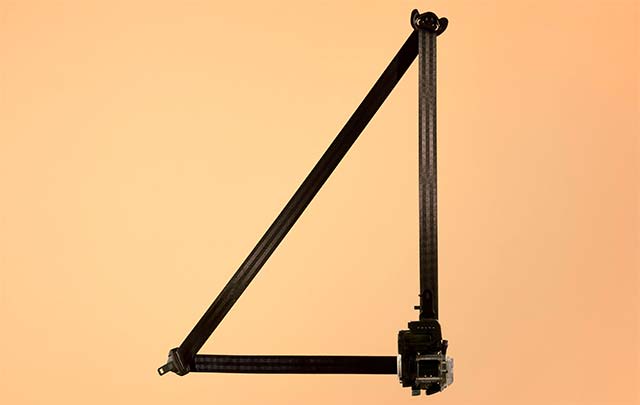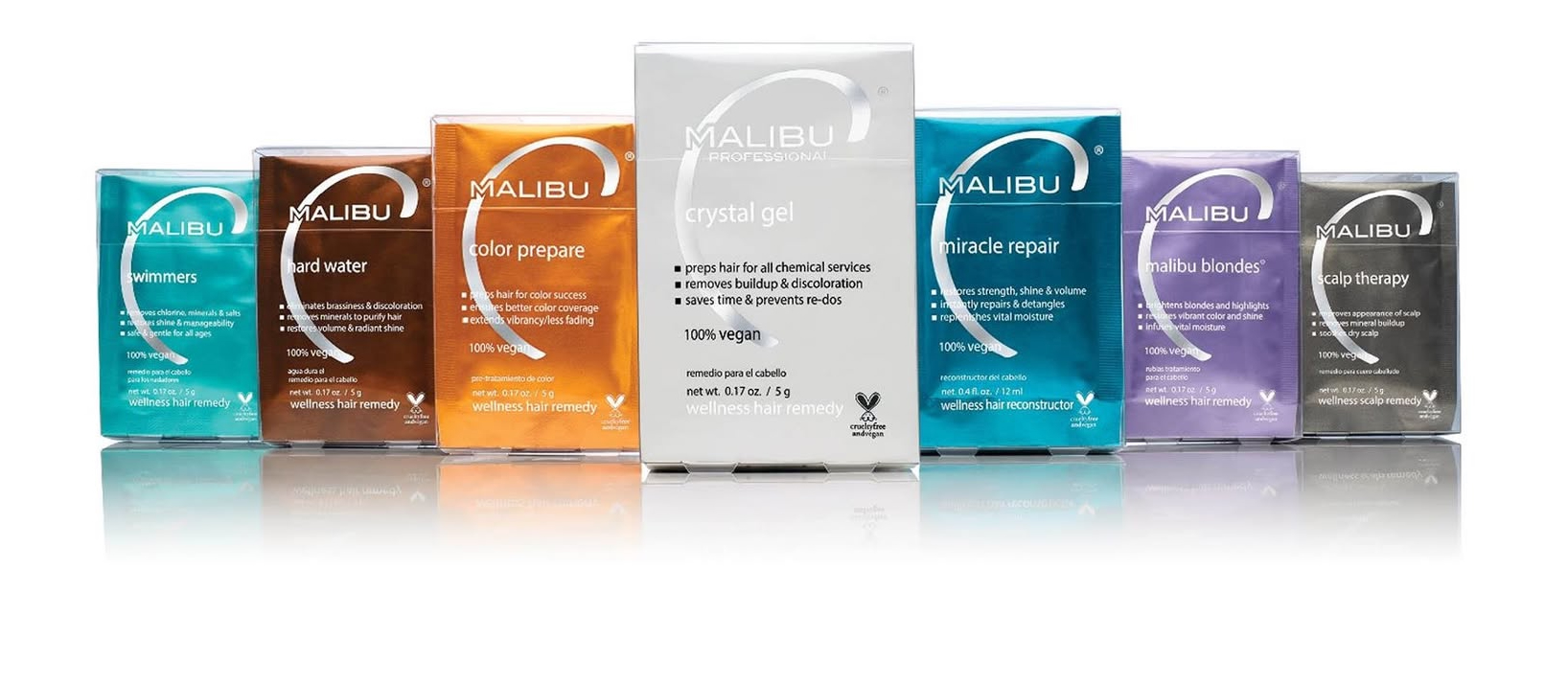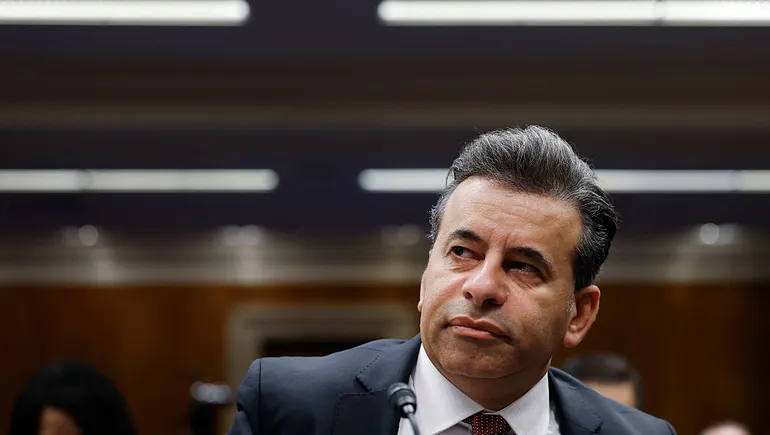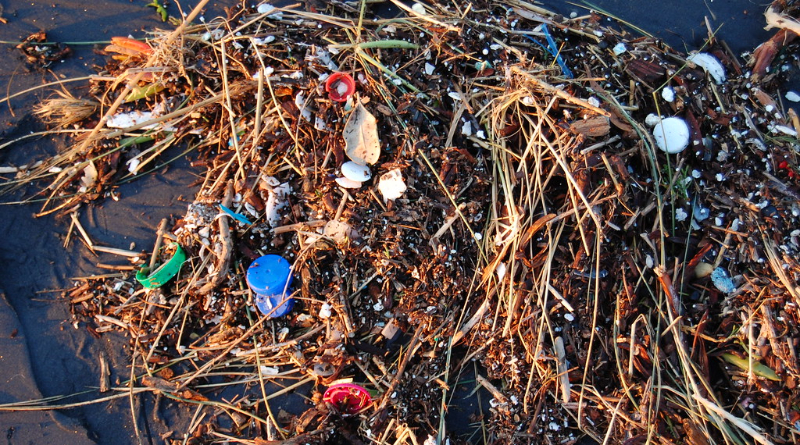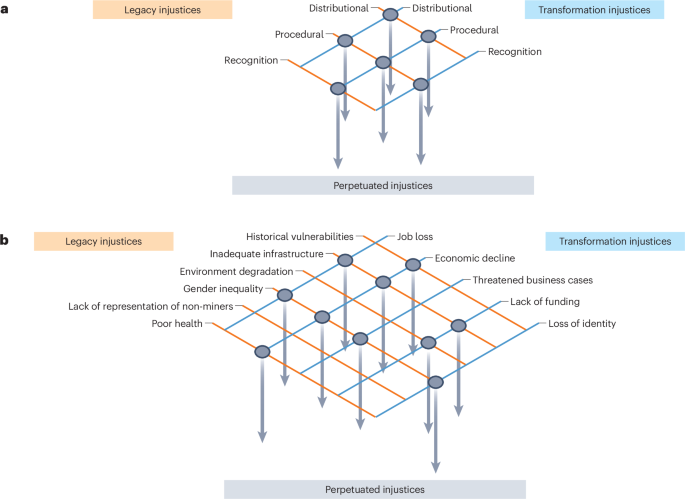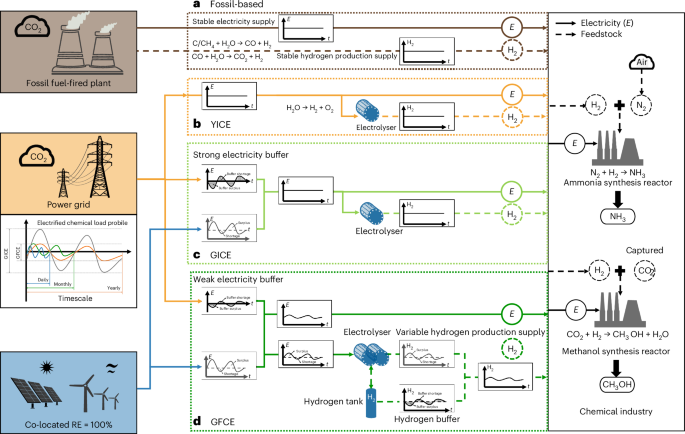What DOJ’s New Enforcement Plan Means for Health Care Companies
On May 12, 2025, the Head of the US Department of Justice’s Criminal Division, Matthew R. Galeotti (“Galeotti”), announced DOJ’s first ever White-Collar Enforcement Plan (the “Plan”), which directs prosecutors to: (1) focus on certain priority areas, including several areas directly impacting the health care and life sciences industries, as noted below; (2) conduct white-collar investigations […]

Joshua Levy and Laura Hoey are Partners at Ropes & Gray LLP. This post is based on a Ropes & Gray memorandum by Mr. Levy, Ms. Hoey, Jaime Orloff Feeney, and Nathalia Sosa.
On May 12, 2025, the Head of the US Department of Justice’s Criminal Division, Matthew R. Galeotti (“Galeotti”), announced DOJ’s first ever White-Collar Enforcement Plan (the “Plan”), which directs prosecutors to: (1) focus on certain priority areas, including several areas directly impacting the health care and life sciences industries, as noted below; (2) conduct white-collar investigations in fairness by incentivizing good corporate conduct and voluntary self-disclosure; and (3) boost efficiency by reducing the duration of corporate investigations and charging decisions. The Plan also introduces revisions to existing DOJ white-collar and corporate enforcement policies. We previously summarized these significant policy changes in our May 15 Alert.
While overall the Plan reflects a somewhat more measured approach to corporate criminal enforcement, investigating and prosecuting health care fraud clearly remains a priority for the Trump administration. Health care and life sciences companies will continue to be under the microscope and should be aware that:
- Investigation and prosecution of health care violations dominate the enforcement list for Criminal and Civil DOJ.
- DOJ has expanded the types of reports eligible under its Corporate Whistleblower Awards Pilot Program (“DOJ Whistleblower Program”) to include information of potential violations involving public health care benefit programs.
- DOJ has signaled a reduced reliance on corporate compliance monitors in criminal resolutions; however, health care and life sciences companies may still be subject to compliance monitoring and reporting requirements imposed by the Office of the Inspector General for the US Department of Health and Human Services (“HHS-OIG”) or other regulators, such as state attorneys general.


























